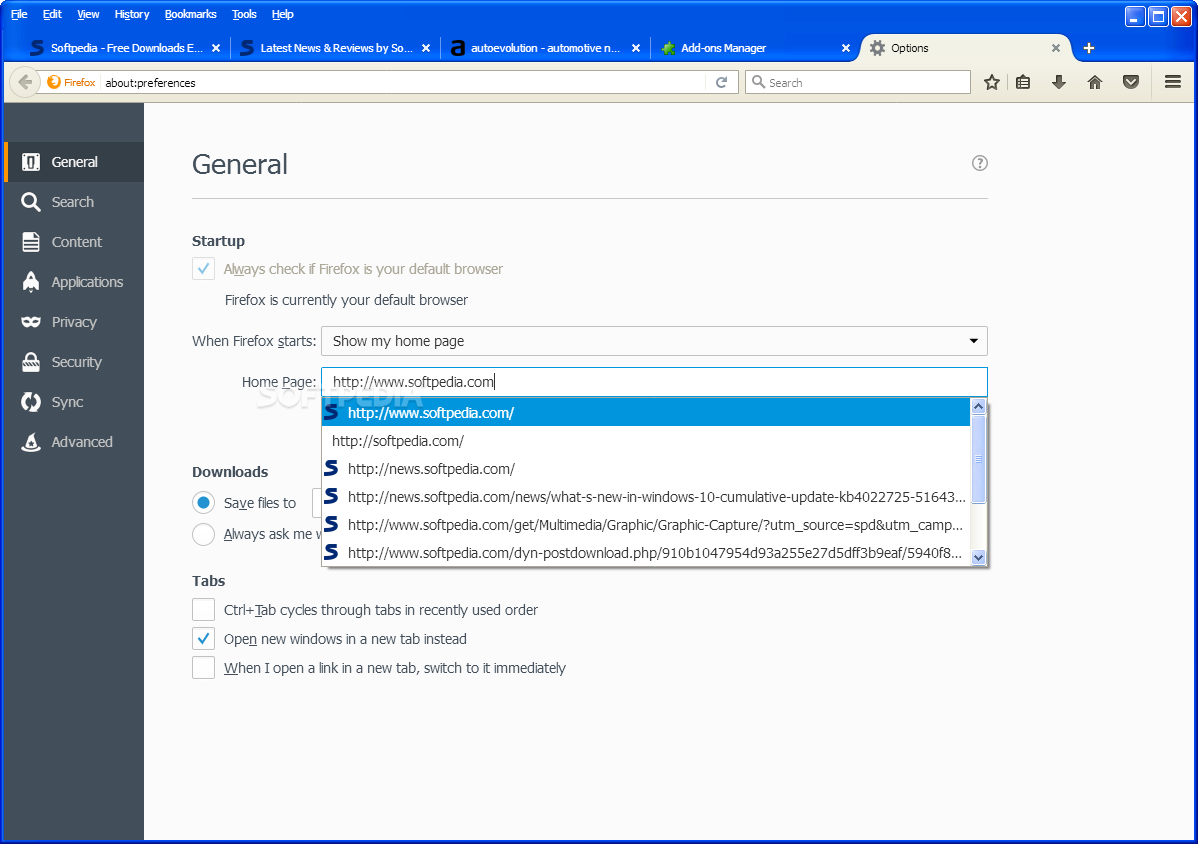
Makes for a good reason to take the plunge, especially given that a major security conference for finding vulnerabilities just concluded. Several of the vulnerabilities are rated as “High” with only “Critical” being any higher.ĭetails on what’s in the latest version of Firefox can be found here: They also patched quite a few security holes, as is Mozilla’s custom. I took the leap and no issues whatsoever with now being on FF 88. They allow broken sites relying on the original scripts to load with their functionality intact… These stand-in scripts behave just enough like the original ones to make sure that the website works properly. SmartBlock does this by providing local stand-ins for blocked third-party tracking scripts. SmartBlock intelligently fixes up web pages that are broken by our tracking protections, without compromising user privacy. To reduce this breakage, Firefox 87 is now introducing a new privacy feature we are calling SmartBlock. This can result in images not appearing, features not working, poor performance, or even the entire page not loading at all.
#Portable firefox esr windows
…In building these extra-strong privacy protections in Private Browsing windows and Strict Mode, we have been confronted with a fundamental problem: introducing a policy that outright blocks trackers on the web inevitably risks blocking components that are essential for some websites to function properly.

Firefox has included the built-in Content Blocking feature that operates in Private Browsing windows and Strict Tracking Protection Mode… This reply was modified 1 year, 7 months ago by Bob99.įirefox 87 introduces SmartBlock for Private Browsing So, from the sounds of things in the release notes, I’d say sit tight for now. Note: This issue only affected Windows operating systems. Take note of the following from that advisory: Info on the critical security hole patched in FF 85.0.1 can be found here. In the earliest posts of the history is where you’ll usually find the system configuration of the reporting party which will include the OS environment.
#Portable firefox esr mac
The other bugs are on Windows and Mac systems, and the one critical security bug is only present on Windows systems:Ĭlicking the individual bug numbers listed in the advisories will bring up the detailed listing of the bug’s history. I don’t know why anyone would do that when they could just quit, but that’s how it seems to me from the –įrom what I can see in the release notes for 85.0.1 and 85.0.2, the only Linux-related bug involves using the Firefox flatpak edition of Firefox for Linux. More and more, I get the impression that they really don’t want to be developing Firefox and are trying to destroy it once and for all so that they can go do something else. The KDE one is more than ten years old they’ve refused to play nice for all of that time. Why Mozilla insists on its hostility to KDE, I do not know, but it’s just one of a growing list of outright user hostilities within Firefox that is pushing me away.
#Portable firefox esr Patch
They’ve offered this patch to Mozilla, who has refused to accept it or to create their own version (with or without the hacky but effective helper application the OpenSUSE version uses).

In order to get the same level of integration with Firefox, I have to use the OpenSUSE edition, which uses the patch OpenSUSE itself created and maintained to make Firefox work with KDE like Chromium does. Every Chromium derivative I have seen runs with KDE perfectly right out of the box with no muss and no fuss, but not Firefox. One of my growing list of criticisms of Mozilla is that they utterly refuse to allow their official build of Firefox to play nice with the KDE Plasma desktop. I’ll get something newer when it comes down the pike. I’m not in any hurry to get new versions of Firefox! I’m still on 85.0 here, and that’s fine by me.


 0 kommentar(er)
0 kommentar(er)
